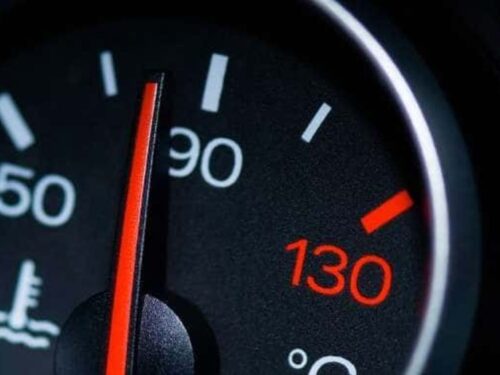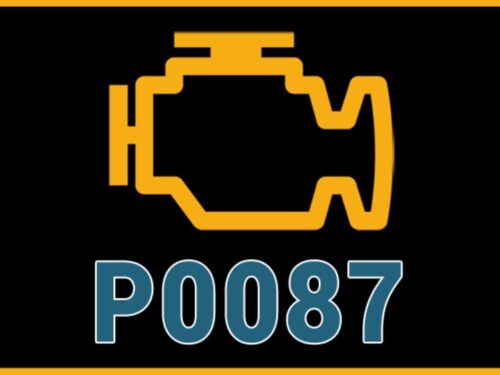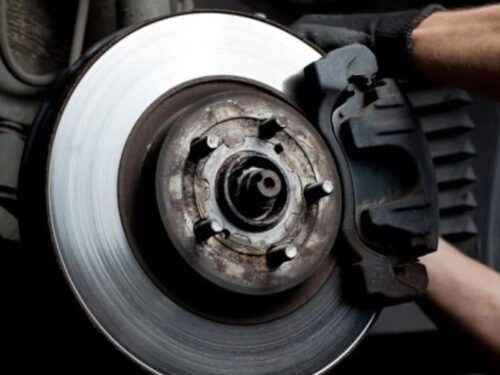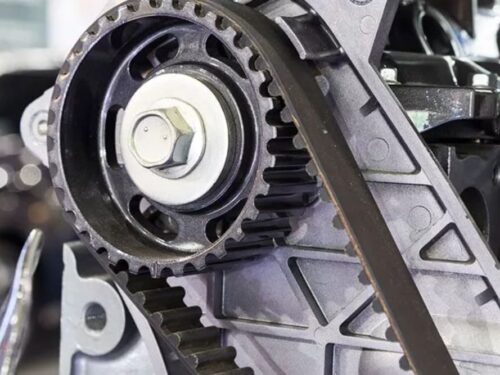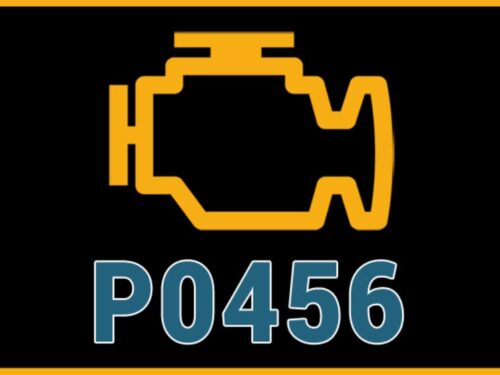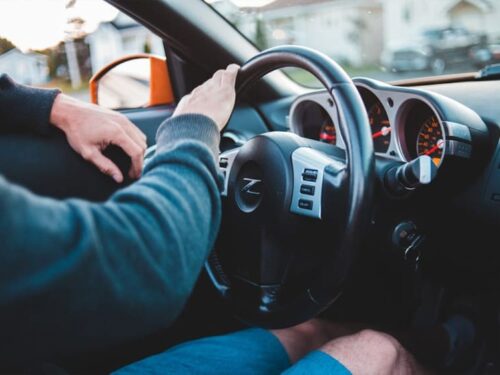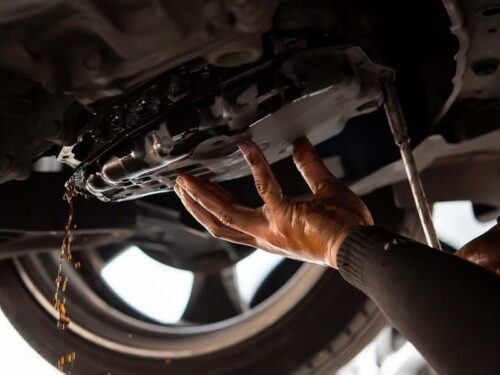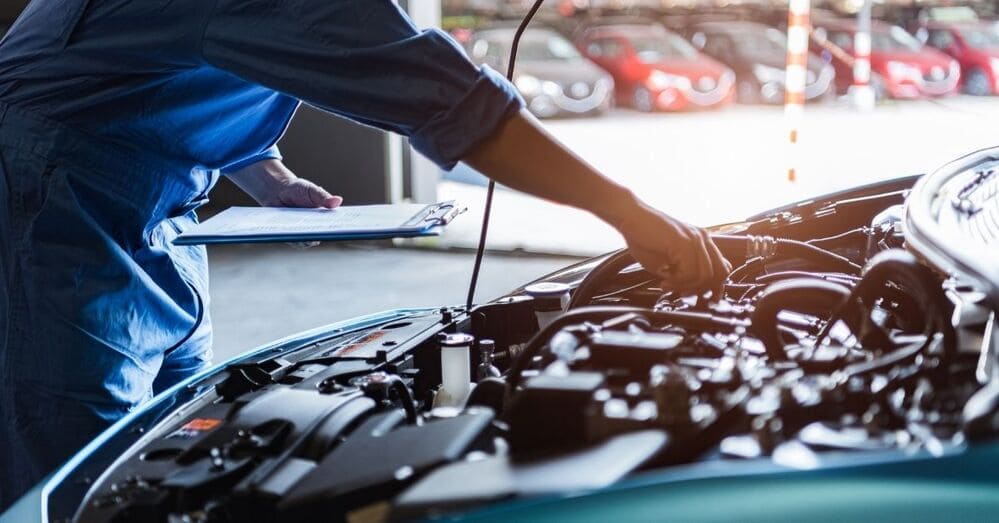
Often we neglect the importance of proper and periodic maintenance. Instead, most of us wait until the indicators go off. However, this is not the best practice, and auto maintenance is usually scheduled based on the mileage. However, seasons can take a different kind of toll on your vehicle. If the vehicle is not maintained correctly, the chances are that your car will break down frequently.
Not only does regular maintenance save you from unexpected breakdowns, but it is also a safety hazard to be in a poorly maintained car. From failing brakes to engine overheating, anything can go wrong. Moreover, the more you delay maintenance, the more the condition will deteriorate. This affects the vehicle’s overall health and also increases your repair costs. A poorly maintained car will lose its resale value, and even though you might get a repair job done before selling it, you will likely not get the same value as a well-maintained car.
Here in this article, we will discuss some vehicle features that require maintenance from one season to another. Here is your seasonal auto maintenance checklist.
Spring
Winter is the harshest season for almost everyone and everything. The same goes for the vehicles as well. This means that when spring comes, your car has endured through a tough time and needs a good maintenance check-up to continue working properly.
Cleaning the Body
Snowfall and chilly winter air can have a drastic effect on your car’s exterior. The chances are that you did not get your car washed or serviced anytime in the winter. When spring arrives, it’s important that you get the entire exterior washed, especially the underbody. This is because snow and salt mixed together can corrode your car. While the process may be a little slow during the winter, residual salts can damage your underbody in a warmer season. Getting your vehicle cleaned will also make any corrosion or rust visible so that you can actively take care of it before it worsens.
Tires
Winters can take a toll on your tires, especially if they are not snow tires or all-season tires. Not only is it not recommended to drive in regular tires in snow, but it also damages the tires. You must check for all kinds of damages.
If you had all-season tires, they might have survived the winter just fine. However, the season does have its impact on your tires. If there are no visible damages and the drives seem okay, you don’t need any replacement. However, it is recommended that you rotate your tires.
If you had snow tires, it is time to get them changed. Snow tires do not perform well in other seasons and can become a safety hazard very quickly.
Brakes
Your brakes would also require a maintenance check after winters. Brakes play a crucial role in controlling your car, and this labor increases in the winter season when there is snow all around. The chances are that your vehicle’s brake pads are worn off. You may or may not hear squealing sounds every time you apply brakes. However, you will definitely feel a reduced control over your car. You should not push the brakes to their limits. It is important that you get worn brakes replaced as soon as possible.
Oil and Filters
Your engine will be required to put in more effort in warmer weather, which means you need to change the engine oil to keep the performance at par. A fresh oil change can enhance your vehicle performance marginally. Even though the oil change is generally due after a certain mileage, the seasonal check will ensure that the oil consistency is not affected by any moisture due to condensation in winter.
Filters should also be replaced to better prepare yourself for the spring. The number one reason is the pollen in the air that can cause various allergies. If you have a worn-out filter in place, it will expose you to dust and allergens.
Summer
Summer is the second harshest weather after winter. The weather gets pretty hot, and there is dust all around. A car breakdown in summers means standing in scorching heat waiting for help. However, this can be avoided by following this maintenance checklist.
Car Cooling System
Given the increased temperature of the atmosphere, your car is more likely to get overheated. Although there can be many different reasons for it, a failing cooling system is one of the biggest reasons for a car breakdown in summer.
In winters, the ambient temperature is generally pretty low, which in turn aids your car’s cooling system. If there is something wrong with the cooling system, winters may hide the fault. The same goes for spring when the temperature is not as warm as it is in summer, which means that the cooling system may get neglected in these seasons. However, it is important that you flush out your vehicle’s radiator and refill it with a new coolant. Please note that you should not open up the radiator while the engine is hot, you must let your car cool down before you change the coolant, or you should do it before starting your car.
Tires
You must keep a check on your tires in all seasons. Even if you have all-season tires, it is better that you check their condition after each season. Apart from the physical conditions, tire pressure becomes crucial in the summer season. It is important that you check for the recommended air pressure throughout the season. Keep your tires at lower pressure in summers. The heat can cause the air to expand and, in turn, burst the tire.
Air Conditioning
It is likely that you have not used air conditioning in the spring. And even if you have, spring being a little less warm than summers, you can get by with your car air conditioning low performance. However, low-performing air conditioning will make your drive in summers a terrible experience. You must get your air conditioning checked at the beginning of the season.
Fall
There is a high probability that if your vehicle is well maintained, it will not require any specific maintenance in the fall. Fall is not as harsh as summers and winters, and the change from the summers to fall is not that drastic either. You can have a please drive experience if you have been following previous maintenance checks.
However, you may want to check for your air filters. If you experience dry and dusty summers, you may need to replace your filters at the beginning of fall. It is also good practice to check your tires and start preparing for winters beforehand. The same goes for vehicle fluids, including oils and coolants.
Winters
Winter is a tough season for your cars. There are a few things that you need to make sure are working perfectly.
Car Cooling Systems
While your system requires a coolant in winters, it is important that you fill your radiator with antifreeze in winter. You need to flush out the regular summer coolant and replace it with an antifreeze solution that goes with water. This will make sure that the internal systems do not freeze overnight, which may cause trouble for you.
Tires
Given the role of tires in a vehicle, it is important to reiterate that you need to check your vehicle’s tires in every season, especially summers and winters. If your car is still on all-season tires, you may want to replace them with snow tires. Snow tires give you the best performance in winters. However, if your all-season tires are in good condition, you can use them as well, but you must rotate them with the season change.
Wiper Change
It is crucial that your wipers are in good shape after a harsh summer. Heat and dust often ruin the wiper, and since the use of wipers will increase drastically in winters, you must ensure they are in prime condition.
Heater
Much like air conditioning in summers, your car’s heater needs to be functional in winters. It is a large period of time in which you probably will not use the heaters from spring to fall. This increases the likelihood of the heating system being in bad shape. You must run a maintenance check on your heater system to avoid freezing.
Takeaway
Your vehicle is an investment that you would like to keep in good shape. Maintenance is a crucial element in keeping your vehicle in prime condition. Regular maintenance check-ups are essential. Even if you don’t feel that the car needs it, you must get it checked anyway. Maintenance also helps you stay ahead of any developing condition in your car. We hope that this article will help you make a checklist for all seasons and keep your vehicle maintained.
Courtesy of paautoinspection


